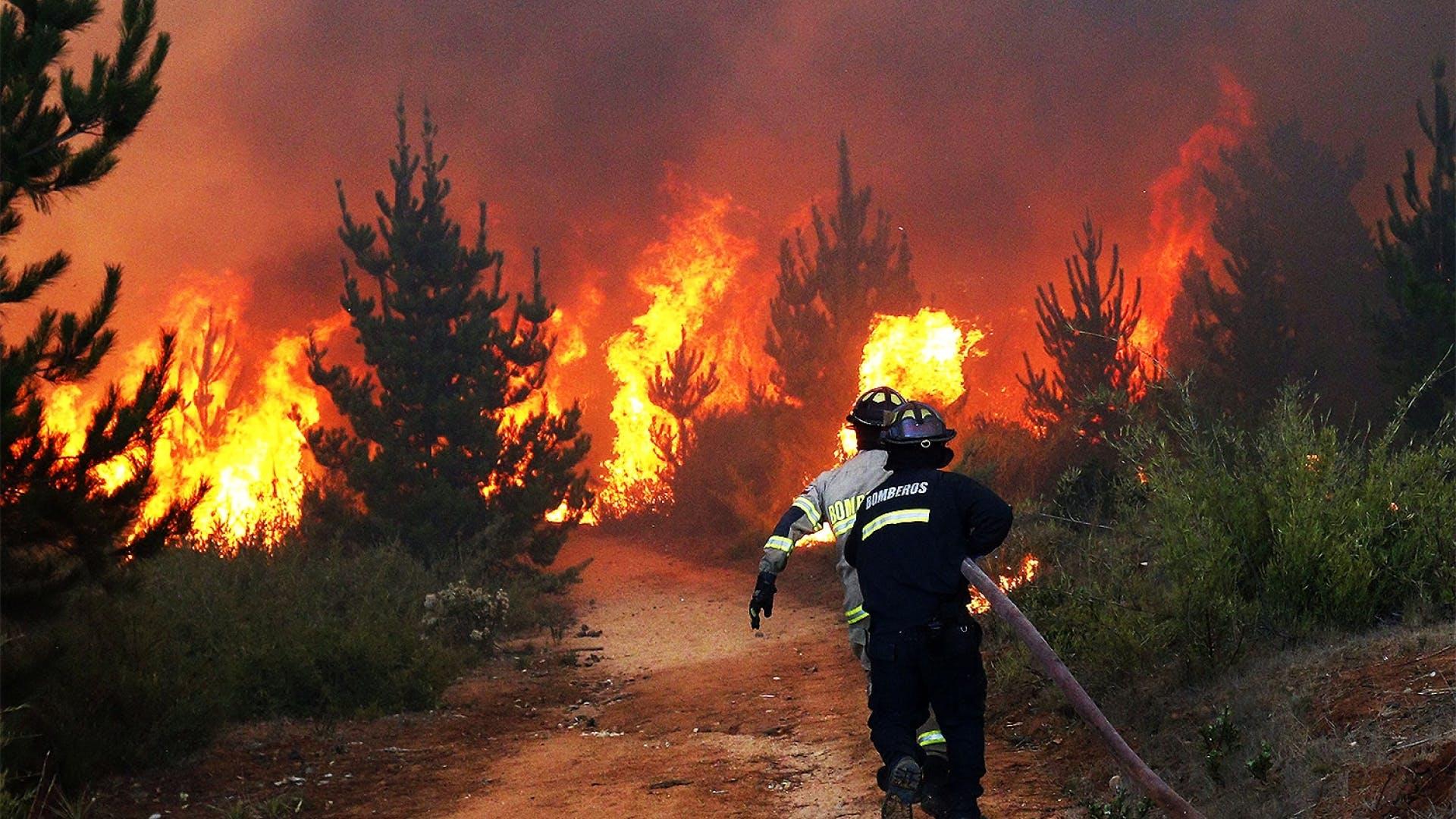Forest fires: the silent threat that destroys our lands
umgrauemeio - Time de marketing
14/03/2023

Brazil is a country with one of the greatest biodiversity in the world. With a vast amount of tropical forests, Brazilian fauna is considered one of the most important ecosystems for the planet's climate stability. However, the entire territory currently faces a constant threat: forest fires.
Forest fires are one of the main causes of forest cover loss in Brazil, which directly affects biodiversity and the planet's climate. The problem is exacerbated by the context of climate change, which intensifies periods of drought and increases the frequency of fires.
In this article, we will discuss the current situation of forest fires in Brazil, the causes of the problem, and the measures that need to be taken to combat it.
The fire situation in the country
According to the National Institute for Space Research (INPE), the number of forest fires in Brazil increased by 16% in 2020 compared to the previous year, totaling 222,798 occurrences. The majority of fires occurred in the Amazon region, followed by the Cerrado and the Atlantic Forest.
Forest fires have a significant impact on biodiversity, causing the loss of natural habitats and the death of animals and plants. In addition, the smoke released by fires has negative effects on human health, especially for those living near affected areas.
One of the main causes of forest fires in Brazil is human activity, especially deforestation for the expansion of agriculture and logging. The practice of slash-and-burn is also common for clearing areas for crop planting or pasture creation.
Furthermore, there is an exacerbation of fire risks influenced by climate factors such as drought and high temperatures. Climate change has intensified these phenomena, increasing the frequency and intensity of forest fires.
The relationship between forest fires and the increase in CO2 emissions
Forest fires have a significant impact on the increase of CO2 emissions, contributing to the worsening of global warming. When a forest is burned, all the carbon stored in the vegetation is released into the atmosphere as CO2. In addition, the reduction of forest coverage hinders the absorption of CO2 from the atmosphere, making forests less efficient as carbon sinks.
In the Amazon, the fires contributed to the forest ceasing to be a carbon sink and becoming a net source of carbon emissions. A study published in the scientific journal Nature in 2015 showed that between 2003 and 2012, the Amazon emitted 0.48 billion tons of CO2 per year due to forest loss and fires.
In addition to the impact on CO2 emissions, forest fires have a significant impact on biodiversity and human health. The fires directly affect fauna and flora, destroying natural habitats and leading to the death of animals and plants. In addition, the smoke released by fires contains fine particles and toxic gases, which affect air quality and people's health, especially those living near affected areas.
Measures to combat forest fires in Brazil
To combat forest fires in Brazil, an integrated approach is necessary that involves prevention, monitoring, and control actions.
Among the prevention measures, it is essential to implement public policies that encourage the preservation of forests and the sustainable use of natural resources, as well as awareness campaigns for the population about the risks and damages caused by forest fires.
Monitoring of high-risk areas and early detection of fires is also important to combat the problem. Technologies such as remote sensing, which uses satellite images to detect areas with hotspots, can assist in identifying and controlling wildfires.
Finally, the control of forest fires requires the efficient action of responsible agencies, such as firefighters and brigades. Additionally, it is important that penalties for those who commit environmental crimes, such as illegal burning, are rigorous and effectively enforced.
Conclusion
Forest fires represent a real threat to biodiversity and the climate of the planet. In Brazil, the situation is especially concerning given the importance of forests for environmental balance. It is essential that authorities, civil society, and the private sector work together to combat this problem by implementing measures of prevention, monitoring, and control. Only then can we protect our forests and ensure a sustainable future for future generations.












